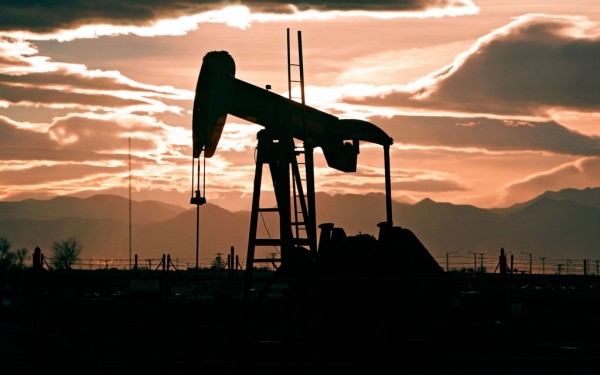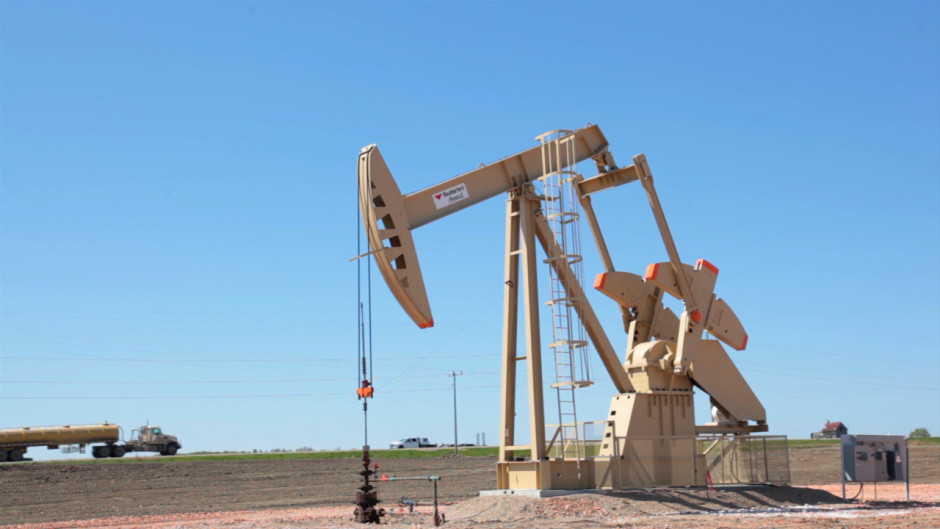In recent years, the new technology of hydraulic fracturing, or fracking, has made the United States the number one producer of natural gas in the world, and will soon make it first in oil production, according to television ads produced by the American Petroleum Institute, the largest trade association in the nation for the oil and natural gas industry.
Output from oil fracking in the U. S. has increased from about one million barrels per day in 2010 to more than three million barrels per day at the end of 2013. Total U.S. oil production has risen from 5.6 million barrels a day in 2010 to the current rate of 9.3 million barrels a day, nearly as high as daily oil production in Saudi Arabia.
This has led to a decrease in America reliance on imported oil from volatile and uncertain sources in the Middle East, Venezuela, and elsewhere.
Though the U.S. still gets almost 40 percent of its petroleum from abroad — about 15 percent from Saudi Arabia, 13 percent from Venezuela, and 10 percent from Nigeria — oil imports have been dropping since 2005, and are down from a high of 60 percent in 2006.
Some analysts predict that the country might become self-sufficient in energy by 2030.
This is an important development, given the extreme uncertainty that has now overtaken many oil and gas producing countries since the start of the Arab Spring at the end of 2010. It would be folly for the U.S. to find itself at the mercy of countries such as Algeria, Libya, and Iraq. Even the future of Saudi Arabia and oil-producing Gulf states remains uncertain.
Dependence on Middle East oil has shaped American foreign, national security and defence policies for most of the last half century. Freeing itself from it will enable Washington to craft a foreign policy that isn’t hostage to such considerations.

Indeed, as Loren B. Thompson, a specialist on national security, suggested in a Forbes magazine article written in 2012, America might decide that it has “had enough of being the policeman on the beat in the Persian Gulf.”
Certainly, the domestic oil industry is pleased. One pro-fracking website, EnergyFromShale.org, is very favorable: “Fracking unlocks valuable shale gas energy from oil shale reserves right here in America, powering our lives, fueling our economy, and securing our future. Having abundant energy and a good job in a growing economy are fundamental to the economic prosperity and social mobility of individuals and families alike.”
Not everyone agrees, and fracking is highly controversial. Its opponents argue that the environmental impacts include the risks of contaminating ground water, potentially triggering earthquakes, and other hazards to public health and the environment. In many jurisdictions public protests have led to it being curtailed or banned entirely.
However, as it relates to American foreign policy it can only be seen as a positive development.
Henry Srebrnik is a professor of political science at the University of Prince Edward Island.

